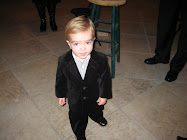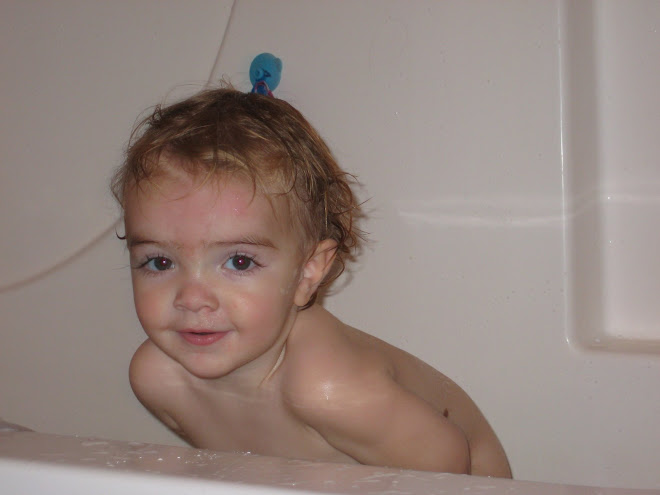
The Singing Book by Meribeth Bunch and Cynthia Vaughn is an excellent vocal resource. I have used this numerous times for private vocal lessons. They cover "The First Steps To Singing Easily" which include "healthy singing," "Preparing to sing," "Selecting Music to Sing," "Learning Music Efficiently," "Practice Habits," and "Performing." Part Two delves into different styles and genres of singing. They encourage you to sing from the beginning while gaining confidence through given vocal exercises. Proper singing is covered thoroughly as they exlpain how it helps you to sing any style. This is very useful for teachers as well as vocal students. Visit their student website at www.wwnorton.com/web/singing.
Co-author: Meribeth Bunch "an authority on the science of the singing voice, has given master classes in singing throughout the United States, the United Kingdom, and Europe. She is the author of Dynamics of the Singing Voice and Creating Confidence." -- copied from The Singing Book
Co-author: Cynthia Vaughn "a well-known voice teacher and author, teaches singing at Colorado State University and hosts international online chats for the National Association of Teachers of Singing. She writes for Classical Singer Magazine." --Copied from The Singing Book




